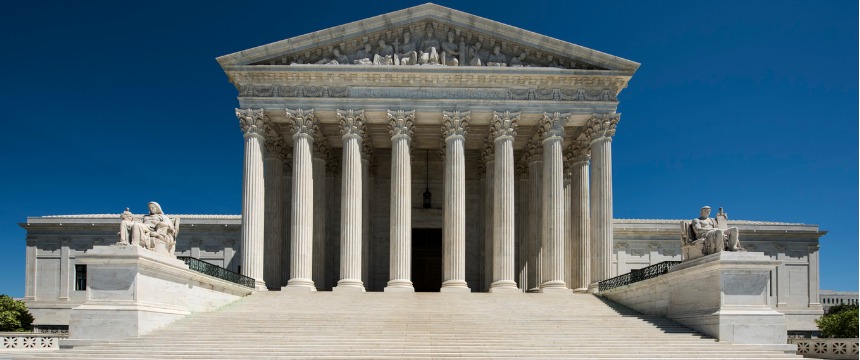Supreme Court Redefines “Undue Hardship” when Addressing Religious Accommodation Requests under Title VII

On June 29, 2023, in a unanimous opinion, the U.S. Supreme Court issued a much-anticipated decision in Groff v. DeJoy, clarifying employers’ obligations to accommodate employees’ religious practices. The Court reinterpreted the meaning of “undue hardship” and held that Title VII requires an employer who denies a religious accommodation must show that the burden of granting an accommodation would result in “substantial increased costs in relation to the conduct of its particular business.”
In doing so, the Court rejected a widely adopted, employer-friendly interpretation in the 1977 Trans World Airlines, Inc. v. Hardison case: that an undue hardship exists if an employer is merely required to bear “more than a de minimis cost.” Groff will have serious implications for employers evaluating how and when to accommodate their employees’ religious obligations.
Background
Under Title VII, employers are required to accommodate an employee’s religious practices, unless doing so would impose an “undue hardship on the conduct of the employer’s business.” In Groff, a postal carrier who was unwilling to work on Sundays because of his religious practices sued his employer (the United States Postal Service), alleging that it could have accommodated his Sunday Sabbath without undue hardship.
Initially, Groff’s position did not generally entail Sunday work. This later changed, causing him to transfer to a small postal station that did not make Sunday deliveries. However, once that small postal station also began making Sunday deliveries, Groff’s Sunday deliveries were redistributed to other workers. He was disciplined for failing to work on Sundays, and he eventually resigned. The Third Circuit Court of Appeal affirmed the trial court’s granting summary judgment for Groff’s employer and dismissed the case. In finding for the employer, the appellate court reasoned that exempting him from Sunday work resulted in more than a de minimis cost under Hardison, as the exemption had “imposed on his coworkers, disrupted the workplace and workflow, and diminished employee morale.”
The Groff Decision Represents a Shift in Evaluating Title VII Religious Accommodation Claims
The Supreme Court used this case as an opportunity to re-examine the meaning of “undue hardship.” The Court focused on the meaning of “undue hardship” in ordinary speech, reasoning that a “hardship” is, at a minimum, something that is hard to bear, and it becomes “undue” when it rises to an excessive or unjustifiable level. Accordingly, “[w]hen ‘undue hardship’ is understood in this way, it means something very different from a burden that is merely more than de minimis, i.e., something that is ‘very small or trifling.’” In other words, undue hardship is not trivial cost.
In turn, the Court clarified the contours of Hardison. The Court refused to reduce Hardison to the opinion’s single line mentioning “more than a de minimis cost.” Instead, the Court emphasized Hardison’s repeated references to “substantial” costs and concluded that undue hardship exists when a burden is “substantial in the overall context of an employer’s business.”
In announcing this more stringent standard, the Court made it clear that an accommodation’s impacts on an employee’s coworkers are only relevant to the undue hardship analysis when those impacts affect the conduct of the employer’s business. For instance, mere coworker animosity to a given religion or hostility to the idea of accommodating religious practices are insufficient. The Court also emphasized that an employer has an obligation to reasonably accommodate an employee’s religious practices, not simply assess the reasonableness of a particular accommodation.
The Possibility of Other Accommodations
The Supreme Court remanded the case, sending it back to the lower court to apply the new undue hardship standard. Since the Third Circuit had applied the de minimis test in finding for Groff’s employer, the Court reasoned that it may have failed to properly consider possible accommodations, “including those involving the cost of incentive pay, or the administrative costs of coordination with other nearby stations with a broader set of employees.”
While the Court caveated its decision by noting that much of the EEOC’s guidance in this area will likely be unaffected by the opinion, Groff does change the landscape by subjecting employers to a more demanding standard. Determining undue hardship is a highly fact- and context-dependent exercise. Employers seeking to manage risk associated with religious accommodation requests, or those facing Title VII religious accommodation actions, should contact counsel for guidance.





